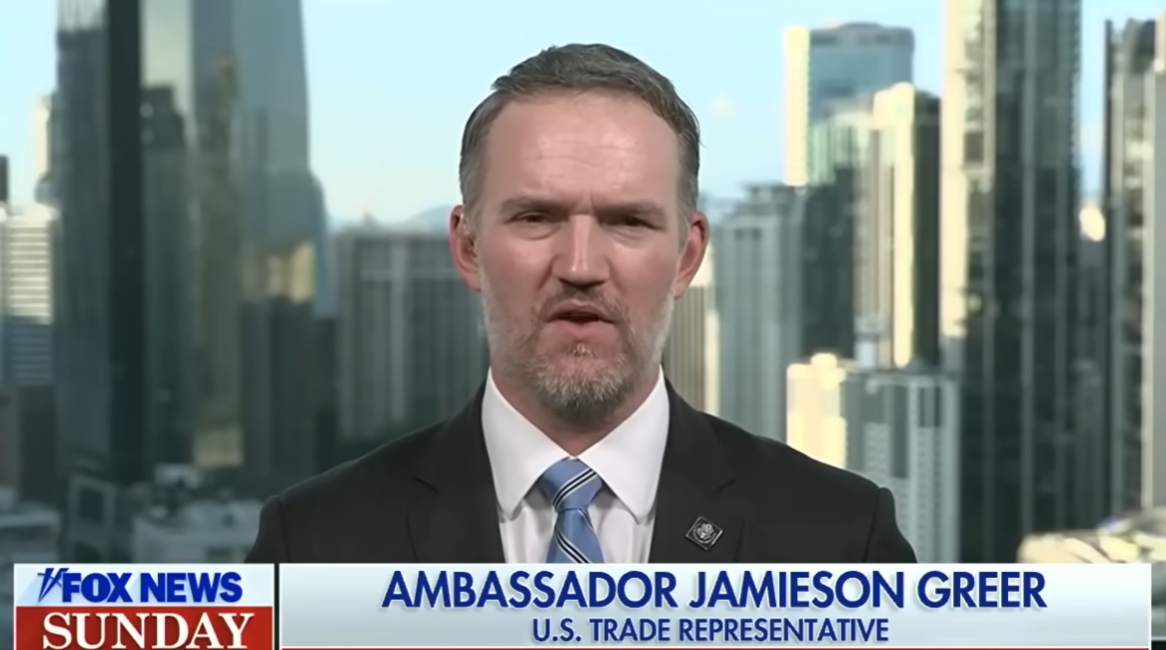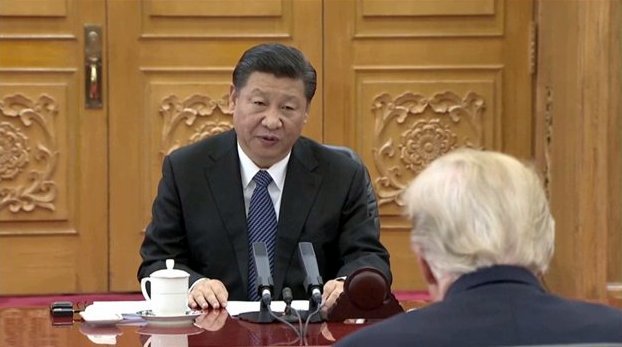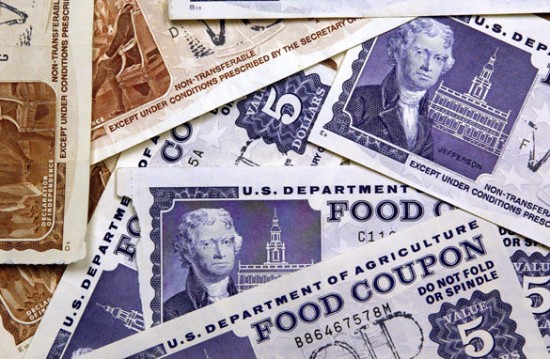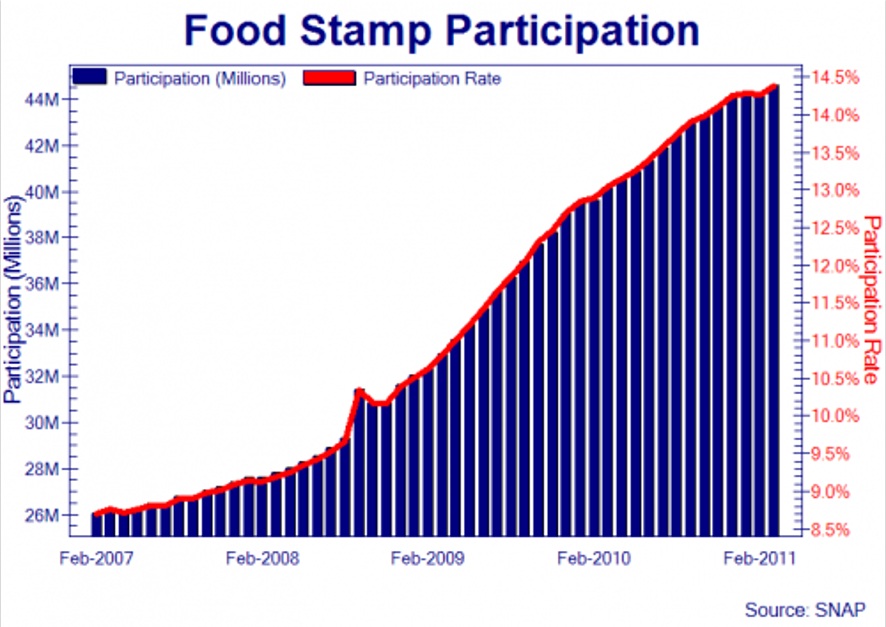On March 30, 2024, I posted Blue gun grabbers go after Glock. It was the story of 13 blue Democrat Attorneys General who sent a letter to Glock in support of Chicago’s lawsuit against the company over “Glock switches,” add-on devices that allow fully automatic fire. Glock markets the G18, an automatic version of the semiautomatic G17, but only to the military and law enforcement.

Graphic: Glock 17, Author
On February 23, 2025, I posted The Glock switch distraction, which outlined the issues relating to Glock switches. It explains how anti-liberty/gun cracktivists are trying to use the issue to negate the Protection of Lawful Commerce in Arms Act (PLCAA), which prevents nuisance suits against gun makers.
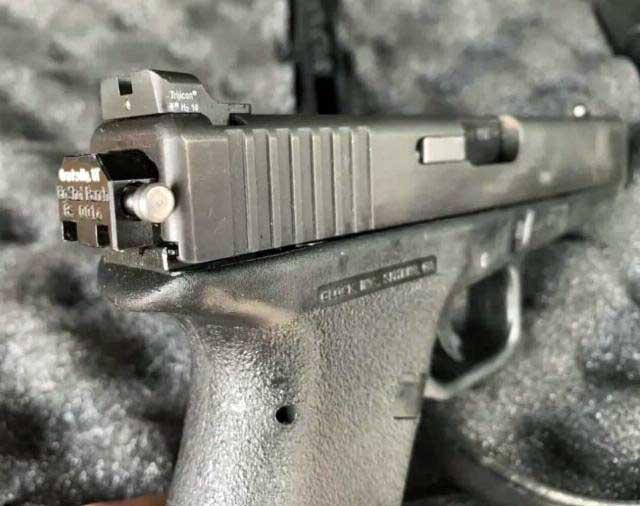
Graphic: Glock Switch, ATF, Public Domain
On October 18, 2025, I posted Newsom blocks Glock, a report on California’s ban on Glock and similar handguns. A blatant violation of the Second Amendment, sure to be eventually overturned, it’s an attempt by Newsom to throw red meat to the Democrat base as a prelude to a 2028 presidential run.
Chicago’s suit and similar blue efforts are continuing attempts to get around the PLCAA. Newsom’s Glock ban is likewise an attempt to encourage other blue states to ban Glocks, among the most popular handguns made. A successful ban of any make or model of commonly owned handgun could open the floodgates to banning them all, particularly if the Supreme Court were packed or otherwise overrun by leftists.
In response, Glock, which has long marketed a wide range of models across all calibers, has announced it is discontinuing most of them:
G17 – Gen4, G17 MOS – Gen4 | Gen5, G17L – Classic | Gen3, G17L MOS – Gen5, G19 – Gen4, G19 MOS – Gen4, G20 – Gen3 | Gen4, G21 – Gen3 | Gen4, G21SF, G22 – Gen3 | Gen4 | Gen5, G22 MOS – Gen5, G23 – Gen4, G24, G26 – Gen4, G27 – Gen3 | Gen 4 | Gen5, G29 – Gen3 | Gen 4 | Gen5, G29SF, G30 – Gen3 | Gen 4 | Gen5, G31 – Gen3 | Gen4, G32 – Gen3 | Gen4, G33 – Gen3 | Gen4, G34 – Gen3 | Gen4, G34 MOS – Gen4 | Gen5, G35 – Gen3 | Gen4, G35 MOS – Gen4, G36, G36 FGR, G37 – Gen3 | Gen4, G38, G39, G40 MOS – Gen4, G41 – Gen4, G41 MOS – Gen4 and G49
Glock explains—sort of:
In order to focus on the products that will drive future innovation and growth, we are making a strategic decision to reduce our current commercial portfolio. This streamlined approach allows us to concentrate on continuing to deliver the highest-quality and most relevant solutions for the market.
Every Glock still in the hands of wholesalers and dealers will remain in circulation and will likely be quickly sold, as new Glock models -- the “V Series” -- will reportedly begin to ship in December 2025. Remaining untouched are the G43, G43X, and G48. Why those models? They’re slimmer overall than the G17, G19, and similarly configured models. The three remaining models, excellent concealed carry guns with narrow slides, don’t accommodate Glock switches. Those discontinued do. Glock is redesigning the V series to foil Glock switches and any future attempts to convert Glocks to automatic fire.

Graphic: Glock 43X, Author
Does this mean Glock is not going to service older models? No. Glock has always serviced everything they’ve ever made, and Glock has, from time to time, discontinued models that weren’t selling well or replaced them with updated designs.
Is Glock going out of business? No. This is surely a business decision to streamline manufacturing and to focus on updating hot-selling designs. Standards like the G17, G19, and similar models aren’t going away. Rumors suggest the V Series models will have improved slides, improved triggers, and other enhancements that can only increase profits.
At Bearing Arms, Kerry Slone suggests other potential motivations:
Could this calculated move also be intended to poise themselves in a positive and proactive light for those inside the current Administration as helping to “reduce crime” in major cities? This certainly would not hurt them in the event that based on well-documented problems with Sig’s P320 being suspended or banned by DoD units and law enforcement agencies. After all, you never know if another Modular Handgun System competition will be announced by the new SecWar.
For the short term, Glock will have fewer models to offer, but what will surely be positive reviews of the V Series guns, and continuing publicity, will ensure profitability. Folks like to buy new, improved guns. Anti-liberty/gun cracktivists will continue to violate the law and Constitution, but they’ll eventually be nullified and Glock will continue as the leader in handgun technology, the company everyone else copies.






